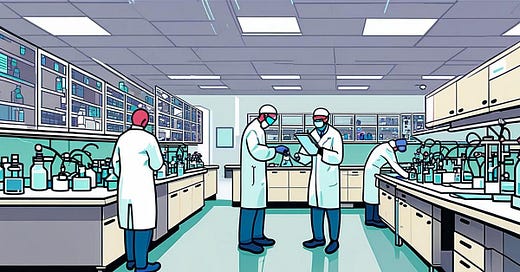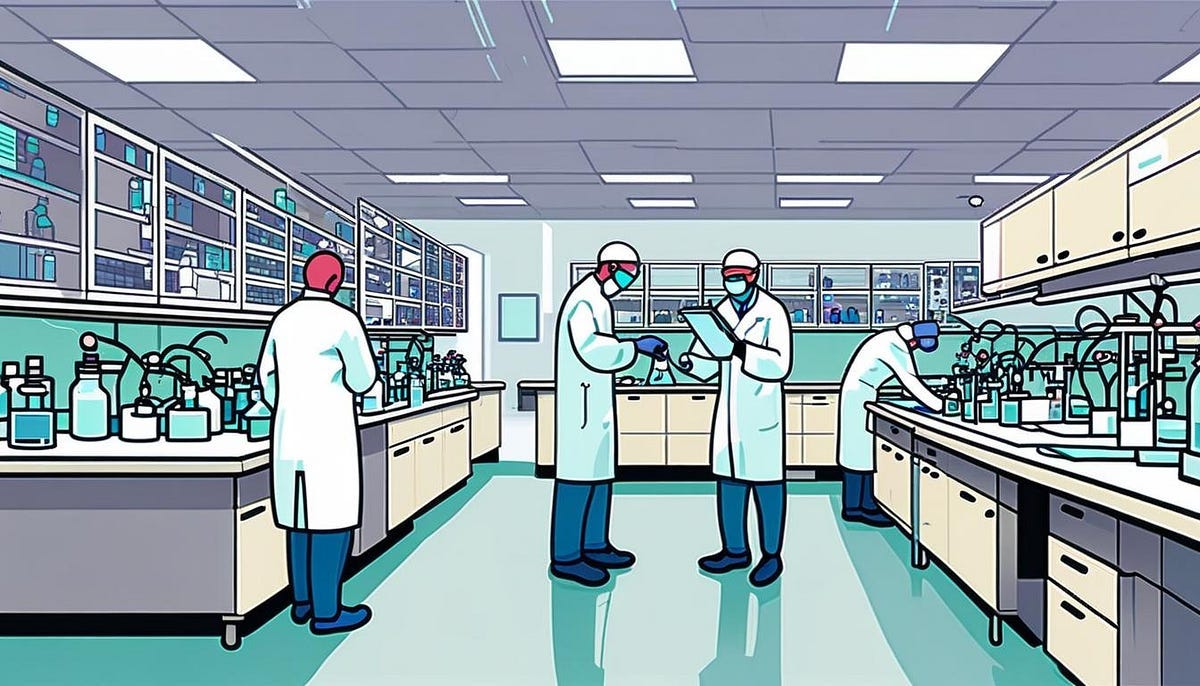Sometimes it seems not
Cancer sure is a tough cookie, affecting so many people around the world.
Let’s look at what’s happening in cancer treatment and prevention, the strides we’ve made, the hurdles in our path, and why this journey is such a challenging one.
Moving forward in cancer treatment
Big Wins in Cancer Therapies
The past few years have been exciting with some awesome strides forward in treating cancer. Thanks to heaps of research and smart technology, treatments like targeted therapies and immunotherapies are doing wonders.
Therapies like immune checkpoint inhibitors and chimeric antigen receptor (CAR) T-cell therapy are giving new hope to people with cancers like melanoma and leukemia. These treatments help the body’s immune system fight the cancer more effectively.
What’s more? Well, the U.S. Food & Drug Administration (FDA) has been super busy approving new drugs — 45 oncology approvals just in 2023! That includes 17 brand new drugs. This rapid innovation really shows we’re making progress.
The exciting world of cancer vaccines
Cancer vaccines are another thrilling area. Thanks to mRNA technology (yep, same tech used for COVID-19 vaccines), there’s new hope on the horizon for developing cancer vaccines that could work for lots of people by targeting common mutations found in various tumors.
Power of clinical trials
At events like the American Society of Clinical Oncology’s annual meet-up, scientists share all sorts of exciting updates, for example Biomica’s live bacterial product isshowing promising results in helping fight off certain types of cancers, including renal cell cancer & melanoma!
Staying Ahead with Cancer Prevention
Everyday choices matter
Treatments are getting better but preventing cancer is also key. Things like eating healthy, staying active & skipping bad habits can hugely cut down your risk. Eating fruits and veggies, keeping fit aren’t just good for your waistline but great for lowering cancer risks too.
Catching It early
Early detection through regular screening is super helpful & potentially life-saving, it can catch cancer early when it’s easier to manage. Technologies like liquid biopsies are up-and-coming, and they might soon help us spot cancer super early through simple blood tests.
Challenges that stick around
Tough Cancers
Some cancers like pancreatic and glioblastoma remain really tough nuts to crack. They’re hard to treat because they don’t respond well to current therapies, which just means we’ve got to push harder in our research efforts.
Health equality issues
Fair access to healthcare remains a challenge too — where you live, how much money you make can affect your ability to fight cancer. So it’s crucial that advances help everyone everywhere!
Cancer vaccines
Based on the search results, cancer vaccines are showing promise but still face challenges compared to traditional treatments.
Here are the key points:
1. Progress in cancer vaccine development:
- Cancer vaccines have made significant advancements in recent years, with some showing signs of efficacy and potential to help patients resistant to other therapies.
- There have been examples of vaccines inducing systemic regression of large tumors and prolonging survival in some cases.
2. Challenges and limitations:
- Cancer vaccines have generally shown limited clinical progress so far, with small trial sizes and marginal survival benefits in many cases.
- The effectiveness of cancer vaccines can be slower compared to chemotherapy and radiotherapy, potentially taking several months to be effective.
- Evaluating the efficacy of cancer vaccines is challenging, as traditional methods like radiographic imaging may not fully capture their unique mechanism of action.
3. Comparison to traditional treatments:
- When sipuleucel-T vaccine was approved with a small survival benefit for prostate cancer, the oral therapy enzalutamide demonstrated greater survival benefit in higher-risk patients.
- Similarly, when a gp100 vaccine showed improved survival with high-dose IL-2, ipilimumab (an outpatient immunotherapy) demonstrated more significant survival benefit.
4. Potential advantages:
- Cancer vaccines have the potential to target a broader set of intracellular antigens compared to some other immunotherapies like CAR T-cells[3].
- They can potentially newly prime tumor-reactive T cells, whereas checkpoint inhibitors work on pre-existing T cells.
5. Combination approaches:
- Combining cancer vaccines with other therapies like radiotherapy, chemotherapy, or checkpoint inhibitors has shown promise in enhancing treatment outcomes.
6. Future outlook:
- Despite current limitations, researchers believe cancer vaccines are poised for eventual success, similar to the development trajectory of other immunotherapies that faced initial setbacks.
- Ongoing research is focused on optimizing vaccine design, delivery methods, and identifying biomarkers to predict response and guide patient selection.
In summary, while cancer vaccines have shown potential and are advancing, they are not yet as consistently effective as traditional treatments for most cancers. However, they represent a promising avenue for future cancer therapy, especially in combination with other treatments and as researchers overcome current challenges.
Wrapping Up
We’re certainly moving forward with better treatments and smart prevention strategies that give us hope against fighting cancer. But it’s clear we still have to keep pushing on both fronts because this disease sure isn’t backing down easily.
Citations:
https://www.imperial.ac.uk/news/251213/first-uk-patients-receive-experimental-mrna/
https://www.nature.com/articles/s41392-023-01674-3
https://www.nature.com/articles/s43018-022-00418-6
https://www.ncbi.nlm.nih.gov/pmc/articles/PMC10486481/
https://www.ncbi.nlm.nih.gov/pmc/articles/PMC10511650/
Click here to get my free weekly Newsletter, Healthwise, on Substack. All things Health, Wellness and Science





